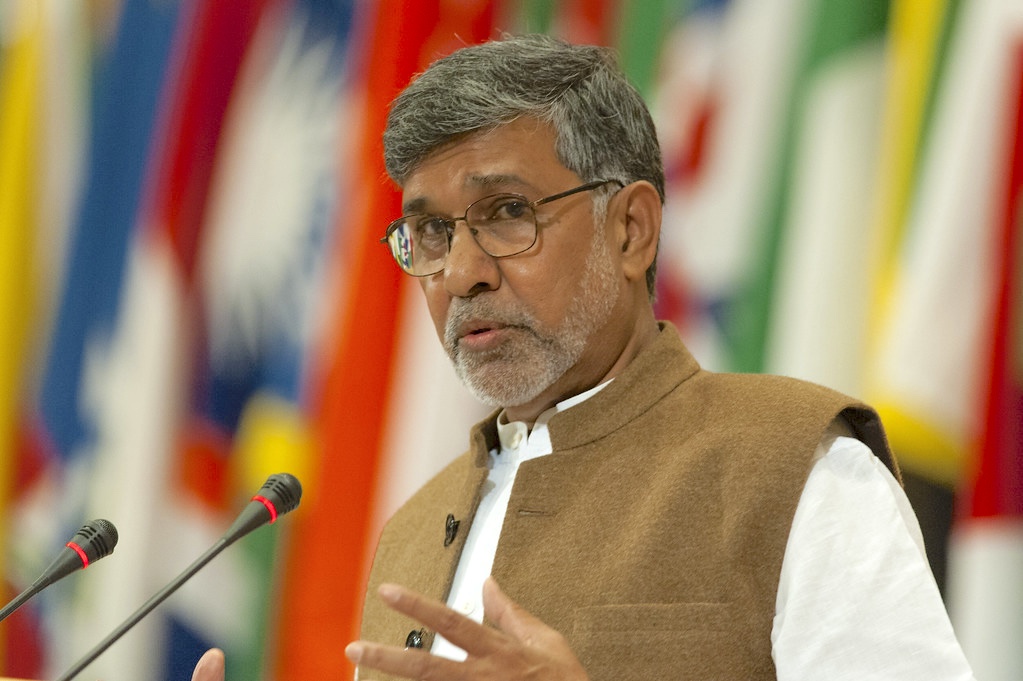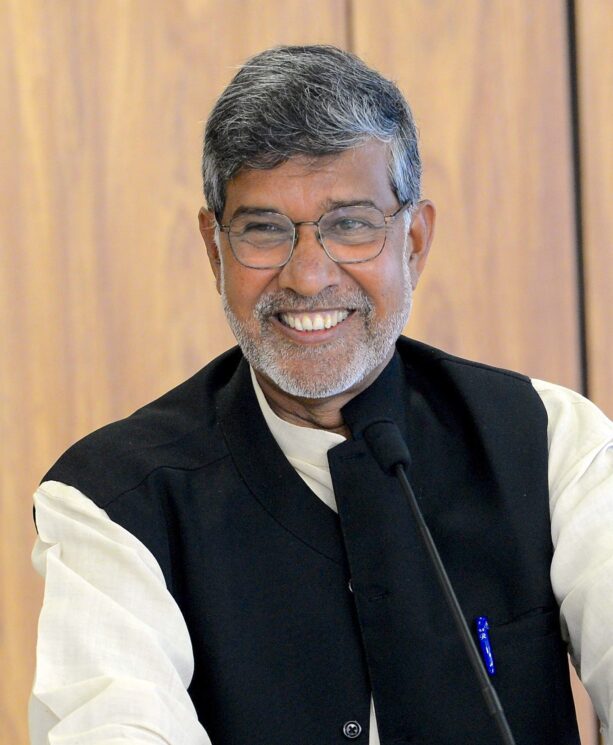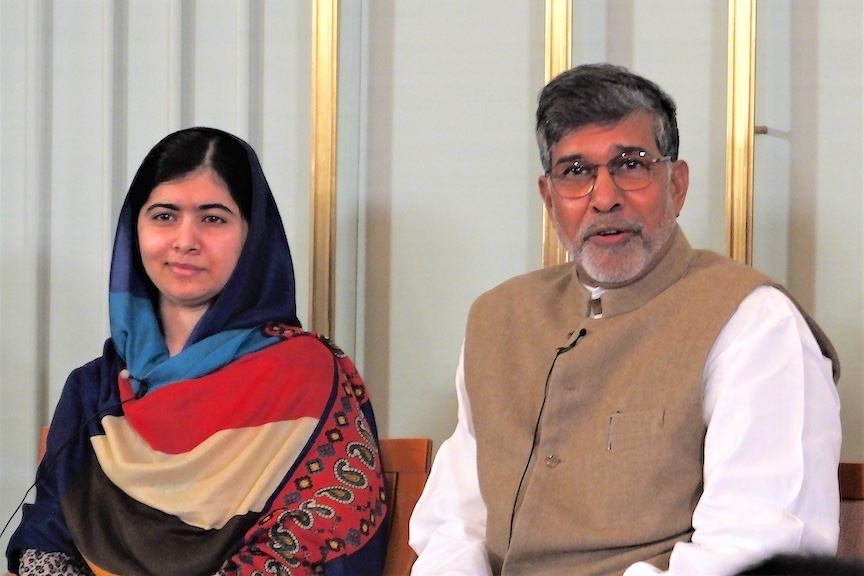
Nobel Peace Laureate Kailash Satyarthi to deliver MIU commencement address
Nobel Peace Prize laureate Kailash Satyarthi, a pioneering advocate for children’s rights, will deliver the commencement address at Maharishi International University on June 21.
Satyarthi’s life’s work — freeing more than 130,000 children from forced labor and trafficking — has inspired awareness campaigns and policy changes internationally, elevating child labor to a prominent issue on the global human rights agenda.
As part of the commencement ceremony, Satyarthi will receive a Doctorate of World Peace honoris causa, saluting his lifetime of courageous activism against child labor and exploitation and his global advocacy for education as a fundamental human right.

MIU President Dr. Tony Nader met Satyarthi in Abu Dhabi last February when both were featured speakers at a major global event, Indiaspora Forum for Good 2025, and they immediately began discussing ways to collaborate.
“Kailash Ji’s great work in the world reflects humanity’s highest ideals in action,” President Nader said. “His immense compassion flows from his sense of unity with everything and everyone. When he sees someone else needing help, it’s as if he himself needs help. He sees others as part of him. This is the hallmark of a highly developed consciousness.”
Born in 1954 in Vidisha, India, Satyarthi began his career as an electrical engineer. But in 1980, at age 26, he abandoned his lucrative job to confront the systemic issue of child labor.
That same year, he founded Bachpan Bachao Andolan (Save Childhood Movement), India’s first mass movement to combat child servitude. Through daring rescue operations, policy advocacy, and rehabilitation programs, his organization has liberated thousands of children from industries such as carpet weaving, fireworks manufacturing, and brick kilns.
Satyarthi’s activism extends beyond direct interventions. In 1994, he launched Rugmark — now GoodWeave International — a certification initiative ensuring that carpets are produced without child labor. This program has reduced child labor in India’s carpet industry by 80% and has empowered consumers to make ethical choices and pressured industries to adopt child-labor-free practices.
In 1998, he led the Global March Against Child Labour, a monumental 80,000-kilometer journey across 103 countries. This movement culminated in the International Labour Organization adopting Convention No. 182, targeting the worst forms of child labor.
Satyarthi’s efforts were internationally recognized in 2014 when he shared the Nobel Peace Prize with Malala Yousafzai. (Yousafzai, whose advocacy for human rights and the education of women and children in Pakistan grew into an international movement, was 17 when she won the Nobel Peace Prize, making her the youngest Nobel Laureate in history.) The Nobel Committee honored Satyarthi’s and Yousafzai’s “struggle against the suppression of children and young people and for the right of all children to education.”

Satyarthi’s work is driven by a profound belief: “If a child is denied education and forced to work instead, violence has been inflicted.” This conviction fuels his ongoing mission to eliminate child exploitation and ensure every child’s right to education.
“I see a wonderful collaboration. Sri Kailash Ji deeply recognizes the importance of developing consciousness as a way to cultivate compassion.”
— MIU President Dr. Tony Nader
“I see a wonderful collaboration,” Dr. Nader said. “Sri Kailash ji deeply recognizes the importance of developing consciousness as a way to cultivate compassion. He understands that genuine compassion arises from broad comprehension, and broad comprehension comes from a developed state of consciousness. We are completely in tune with each other on this understanding and many others.”
More than 160 million children worldwide — nearly 1 in 10 worldwide — remain trapped in labor, with half in hazardous work — a problem Satyarthi links to poverty, corruption, and consumer indifference. This number is down from the 246 million child laborers in 2000, but progress has been uneven and has recently stalled or reversed in some regions.
“Child slavery is a crime against humanity,” Satyarthi said. “Humanity itself is at stake here. A lot of work still remains, but I will see the end of child labor in my lifetime.”
Kailash Satyarthi and MIU’s Dr. John Hagelin were part of the same closing panel at the World Summit of Nobel Peace Laureates in Monterrey, Mexico, last September, where Dr. Hagelin spoke about MIU’s Consciousness-Based approach to world peace.
* * * * *
PHOTOS — Banner photo by Pierre Albouy, licensed under the Creative Commons Attribution-NonCommercial-NoDerivs 3.0 IGO License | Next photo by Wilson Dias/Agência Brasil, licensed under the Creative Commons Attribution 3.0 Brazil license | Next photo by Bair175, licensed under the Creative Commons Attribution-Share Alike 4.0 International license.
